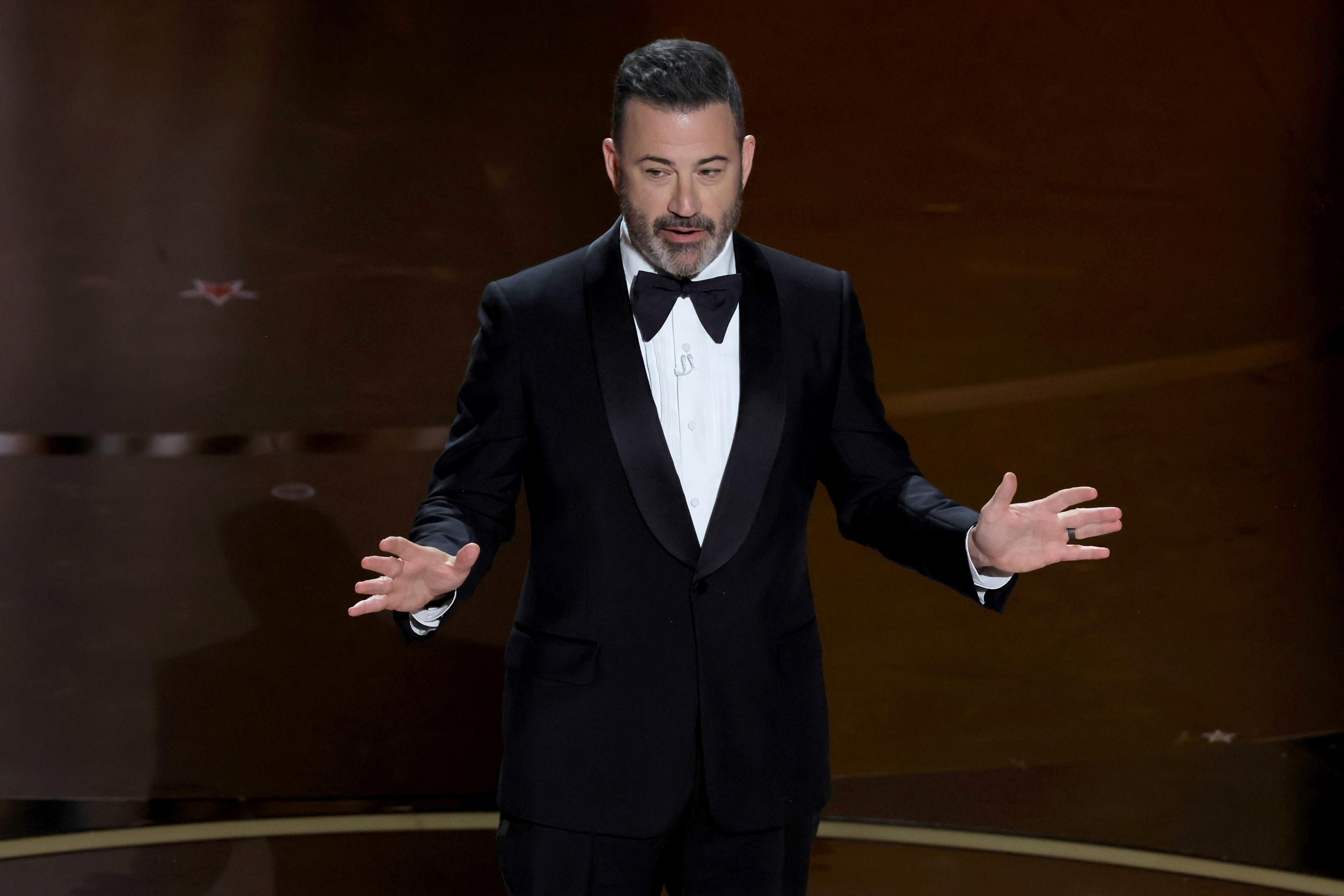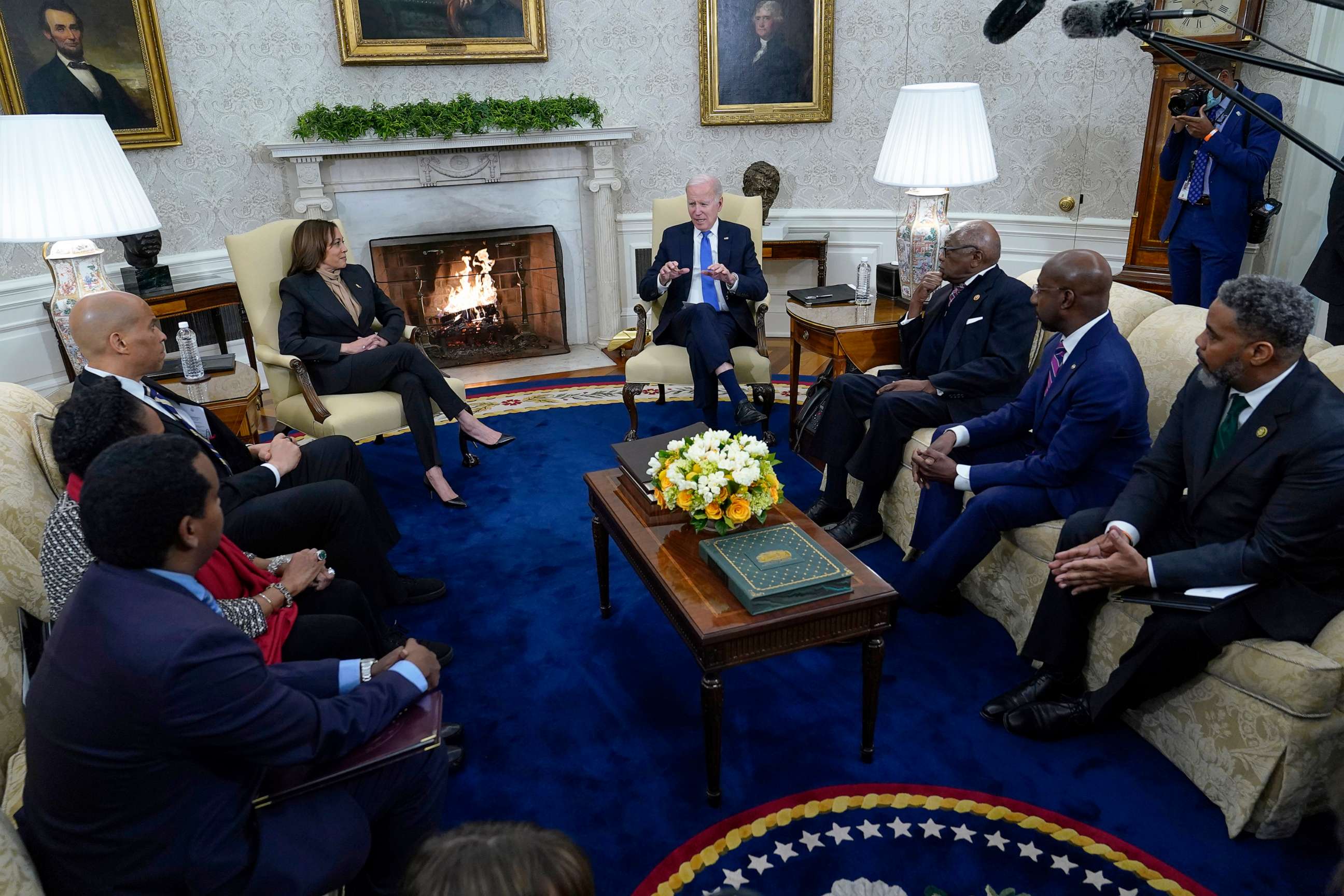
In the ever-evolving landscape of late-night television, few hosts have navigated the treacherous waters of public opinion quite like Jimmy Kimmel. What started as minor murmurs of discontent has, at times, escalated into a full-blown uproar, demonstrating the potent influence of social media and the shifting sensitivities of modern audiences. Understanding how these controversies ignite and spread offers a valuable lens through which to examine the dynamics of celebrity culture and the power of online discourse.
This article delves into the key moments that fueled the growing outrage directed at Jimmy Kimmel, exploring the context, the reactions, and the broader implications for comedians and public figures in the age of instant communication.
The Anatomy of a Controversy
Early Sparks of Discontent
The journey from relative obscurity to widespread condemnation is rarely instantaneous. In Kimmel’s case, early criticisms often revolved around specific jokes or skits perceived as insensitive or offensive by certain groups. These initial reactions, while not always making national headlines, planted the seeds for future controversies. The internet’s long memory ensures that past missteps can resurface at any time, amplified by new audiences and fresh perspectives.
Social media platforms play a crucial role in this process. A single tweet or a viral video clip can quickly transform a localized complaint into a national debate, forcing public figures to respond and potentially apologize. The speed and scale of online communication have fundamentally altered the way controversies unfold.
The Rise of Social Media Outrage
The advent of social media has undeniably democratized the process of criticism. Anyone with an internet connection can voice their opinion, challenge established narratives, and hold public figures accountable. This can be a powerful force for positive change, but it also carries the risk of mob mentality and the spread of misinformation.
In Kimmel’s case, social media has served as both a catalyst and an amplifier for outrage. Critics have used platforms like Twitter and Facebook to dissect his jokes, share their grievances, and organize campaigns calling for boycotts or apologies. The sheer volume of online commentary can be overwhelming, making it difficult for Kimmel and his team to effectively manage the narrative.
The Role of Traditional Media
While social media often ignites the initial spark, traditional media outlets play a crucial role in shaping the broader public perception of a controversy. News organizations, blogs, and opinion websites can amplify the reach of online criticism, providing context, analysis, and a platform for diverse perspectives.
In some cases, traditional media may even drive the controversy, highlighting specific incidents or interviews that generate outrage. The relationship between social media and traditional media is complex and symbiotic, with each influencing the other in unpredictable ways.
Key Controversial Moments
Blackface Controversy
One of the most significant controversies surrounding Jimmy Kimmel involves his past use of blackface in comedy sketches. These sketches, which aired on Comedy Central’s “The Man Show,” resurfaced in recent years, sparking widespread condemnation and calls for his cancellation. The use of blackface is widely recognized as a deeply offensive and racist practice with a long history of perpetuating harmful stereotypes.
Kimmel issued an apology, acknowledging the pain and offense caused by his past actions. However, the controversy continues to linger, serving as a reminder of the problematic history of race and representation in comedy.
The “Kids Table” Segment and Political Commentary
Another incident that drew significant criticism was a segment on his show where he gathered a group of children to discuss political issues. Critics argued that the segment was exploitative and inappropriate, using children to advance a particular political agenda. The segment sparked a debate about the ethics of involving children in political discourse and the responsibility of comedians to avoid exploiting vulnerable populations.
This incident highlighted the challenges of navigating the increasingly polarized political landscape. As late-night hosts have become more outspoken about their political views, they have also become more vulnerable to criticism from those who disagree with their perspectives.
Monologue Jokes and Sensitivity
Beyond specific incidents, Kimmel has also faced criticism for individual jokes and comments made during his monologues. Some viewers have accused him of being insensitive to certain groups or of perpetuating harmful stereotypes. In an era of heightened awareness and sensitivity, comedians are under increasing pressure to be mindful of the potential impact of their words.
The line between humor and offense is often subjective and can vary depending on individual perspectives and cultural contexts. What one person finds funny, another may find deeply offensive. This makes it challenging for comedians to navigate the complexities of modern audiences and to avoid triggering unintended outrage.
Jimmy Kimmel faces scrutiny as outrage at Kimmel grows to a shout.
The Impact on Kimmel’s Career and Reputation
Navigating the Backlash
The controversies surrounding Jimmy Kimmel have undoubtedly had an impact on his career and reputation. While he remains a prominent figure in late-night television, he has faced increased scrutiny and criticism from both the public and the media. Navigating this backlash requires a delicate balance of acknowledging past mistakes, demonstrating genuine remorse, and adapting to the evolving sensitivities of modern audiences.
Kimmel has attempted to address the controversies head-on, issuing apologies, engaging in dialogue with critics, and vowing to be more mindful of the potential impact of his words. However, some critics remain skeptical, arguing that his apologies are insincere or that he has not done enough to address the underlying issues.
The Evolution of Late-Night Comedy
The controversies surrounding Kimmel reflect a broader shift in the landscape of late-night comedy. As audiences become more diverse and politically engaged, comedians are under increasing pressure to be more socially conscious and to avoid perpetuating harmful stereotypes. This has led to a re-evaluation of traditional comedic tropes and a greater emphasis on inclusivity and representation.
Some comedians have embraced this shift, using their platforms to promote social justice and to challenge the status quo. Others have resisted, arguing that political correctness is stifling creativity and that comedy should not be subject to censorship. The debate over the role of comedy in modern society is likely to continue for years to come.
The Future of Kimmel’s Show
The future of Kimmel’s show remains uncertain. While he has a loyal following, he also faces a significant amount of criticism and skepticism. Whether he can successfully navigate the challenges of the modern media landscape and maintain his position as a leading figure in late-night television remains to be seen.
His ability to adapt to the evolving sensitivities of modern audiences, to engage in meaningful dialogue with critics, and to demonstrate a genuine commitment to social justice will be crucial to his long-term success. The Nieman Lab offers additional analysis of Kimmel’s controversies.
Broader Implications for Public Figures
The Power of Public Opinion
The controversies surrounding Jimmy Kimmel serve as a powerful reminder of the influence of public opinion in the digital age. Social media has given ordinary citizens unprecedented power to hold public figures accountable and to shape the narrative surrounding their actions. This can be a force for positive change, but it also carries the risk of mob mentality and the spread of misinformation.
Public figures must be aware of the potential impact of their words and actions and must be prepared to respond to criticism in a thoughtful and responsible manner. Ignoring or dismissing public concerns can be disastrous, leading to reputational damage and even career consequences.
The Importance of Authenticity
In an era of heightened scrutiny, authenticity is more important than ever for public figures. Audiences are increasingly skeptical of manufactured images and carefully crafted personas. They want to see genuine vulnerability, honesty, and a willingness to admit mistakes.
Public figures who are perceived as being inauthentic or disingenuous are likely to face criticism and backlash. Building trust with audiences requires a commitment to transparency and a willingness to engage in meaningful dialogue.
The Challenges of Navigating Social Media
Social media can be a powerful tool for public figures, allowing them to connect with fans, promote their work, and shape their public image. However, it also presents significant challenges. The constant stream of online commentary can be overwhelming, and it can be difficult to manage the narrative surrounding one’s actions.
Public figures must be strategic in their use of social media, carefully considering the potential impact of their posts and engaging with critics in a thoughtful and responsible manner. Ignoring or dismissing online criticism can be a costly mistake.
“The internet has a long memory,” says one media analyst, “and past missteps can easily resurface to haunt public figures, especially in the age of social media.”
Key Takeaways
Here are some key takeaways from the examination of the controversy surrounding Jimmy Kimmel:
- Social media amplifies both praise and criticism, creating a volatile environment for public figures.
- Past actions, especially those perceived as insensitive or offensive, can resurface and damage reputations.
- Authenticity and a willingness to engage in dialogue are crucial for navigating public scrutiny.
- The line between humor and offense is subjective and constantly evolving.
- Public figures must be aware of the potential impact of their words and actions.
FAQ
Why has Jimmy Kimmel faced so much controversy?
Jimmy Kimmel has faced controversy due to a combination of factors, including past use of blackface, jokes perceived as insensitive, and the increasingly polarized political landscape. Social media has amplified these criticisms, leading to widespread outrage.
What was the blackface controversy about?
The blackface controversy stemmed from Kimmel’s past use of blackface in comedy sketches on “The Man Show.” These sketches resurfaced in recent years, sparking widespread condemnation and calls for his cancellation. Blackface is widely recognized as a deeply offensive and racist practice.
How has Kimmel responded to the controversies?
Kimmel has issued apologies for his past actions and has vowed to be more mindful of the potential impact of his words. He has also engaged in dialogue with critics, attempting to address their concerns and demonstrate a genuine commitment to social justice.
What are the broader implications for public figures?
The controversies surrounding Kimmel highlight the challenges of navigating the modern media landscape. Public figures must be aware of the potential impact of their words and actions, be prepared to respond to criticism in a thoughtful and responsible manner, and strive for authenticity in their public image.
How has late-night comedy changed?
Late-night comedy has evolved to become more socially conscious and inclusive. Comedians are under increasing pressure to be mindful of the potential impact of their words and to avoid perpetuating harmful stereotypes. This shift reflects the changing demographics and values of modern audiences.
Where can I read more about this?
You can find more information and related coverage on news sites like The Seattle Times.
Conclusion
The story of how outrage at Jimmy Kimmel grew from a whisper to a shout is a compelling case study in the dynamics of modern celebrity culture. It underscores the power of social media to amplify criticism, the importance of authenticity in the public eye, and the ever-evolving standards of what is considered acceptable in comedy. As Kimmel continues his career, his ability to learn from these experiences and adapt to the changing landscape will undoubtedly shape his future success. The next step for observers is to monitor how Kimmel and other public figures navigate the complex interplay of humor, sensitivity, and public accountability.

